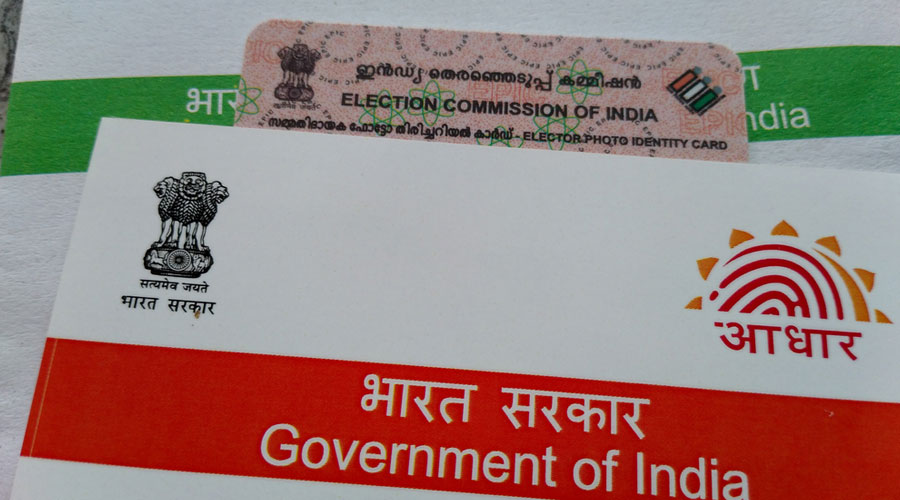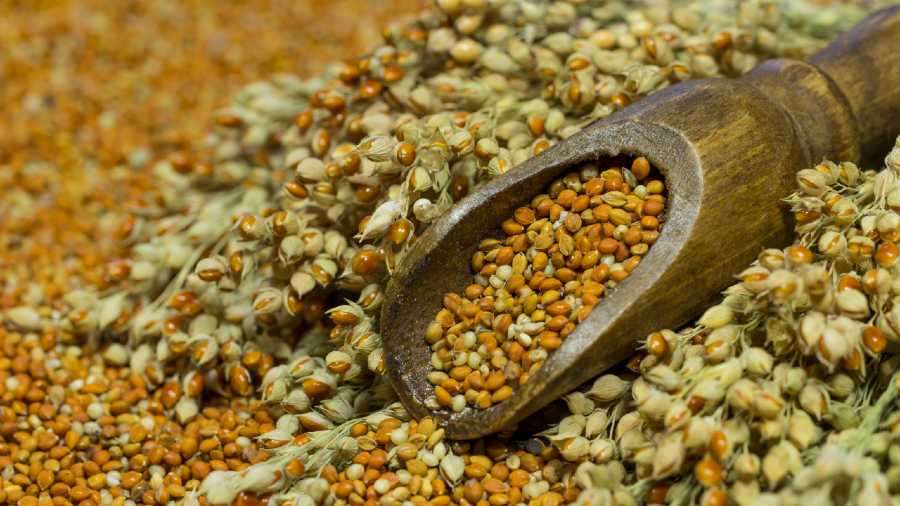The Centre has sought monthly updates on the number of Aadhaar-authenticated students at every government and aided school in the country and the number of midday meals each serves, triggering fears that it plans to tie the meals to Aadhaar-seeding of enrolments.
Policy experts and social activists said the fears were buttressed by the government’s diktat that the data must be uploaded on the Centre’s PM Poshan portal. PM Poshan is the current avatar of the midday meal scheme.
The suspicions also gain credence from the government’s recent move to Aadhaar-base all wage payments under the national rural job scheme MGNREGA, which has led to the stalling of payments owing to poor connectivity in rural areas.
An email sent to school education secretary Sanjay Kumar seeking a response to the concerns about a possible plan to link the school meals to Aadhaar authentication of students has remained unanswered.
Social activist Nikhil Dey said any Aadhaar-linking of the meals would be disastrous because many schoolchildren are yet to register for Aadhaar.
Economist and public policy expert Jean Dreze said any such move would be illegal since the Supreme Court has made it clear that free school education is a right and not a benefit, and that no school benefit can anyway be made conditional on Aadhaar.
The Union education ministry has written two letters to all the states in the past four months seeking monthly school-wise data about the number of Aadhaar-authenticated students, funds received by each school from the district authorities and spent during the month, and the number of meals served that month.
The second letter, issued last month by joint secretary Prachi Pandey, said district authorities must upload the data by the 10th of each month on the PM Poshan portal. “While furnishing the data, it may be ensured that data integrity for enrolment and Aadhaar Seeded enrolment is strictly maintained,” the letter said.
Dey said Aadhaar-linking of the midday meal programme can succeed only after the enrolment of every student has been Aadhaar-seeded. He cited the shift to Aadhaarbased payment of MGNREGA wages and said that only 43 per cent workers had their bank accounts Aadhaar-seeded.
Besides, many schools will struggle to send the data to the district authorities given the poor connectivity and network performance in rural areas, and the lack of manpower at government schools, he said. “My understanding is that the government may streamline the funding and supply of food material according to the data of Aadhaar-seeded enrolment,” he said.
“If a section of children is excluded (from the monthly updates), the schools will get less material. The schools will then compromise on the quality and quantity of food.” Dreze said: “Instead of ensuring that (Supreme Court) orders are respected, the education ministry is collaborating with the effective imposition of Aadhaar on schoolchildren. In many states, it’s very difficult now to get a child enrolled in school, or secure school benefits, without an Aadhaar number. This is blatant violation of the Supreme Court’s orders.”
The PM Poshan scheme provides a midday meal to every one of India’s 11 crore schoolchildren enrolled in Classes I to VIII at the 11 lakh government and aided schools, on every day the school is open.
Studies have demonstrated that the programme has enhanced the children’s nutrition, arrested stunting, increased enrolment, addressed classroom hunger and improved the children’s concentration on studies.
NVS move
The Navodaya Vidyalaya Samiti (NVS), the government-funded chain of residential schools for poor and meritorious rural children, has officially made Aadhaar-authentication of enrolments mandatory from this year.











